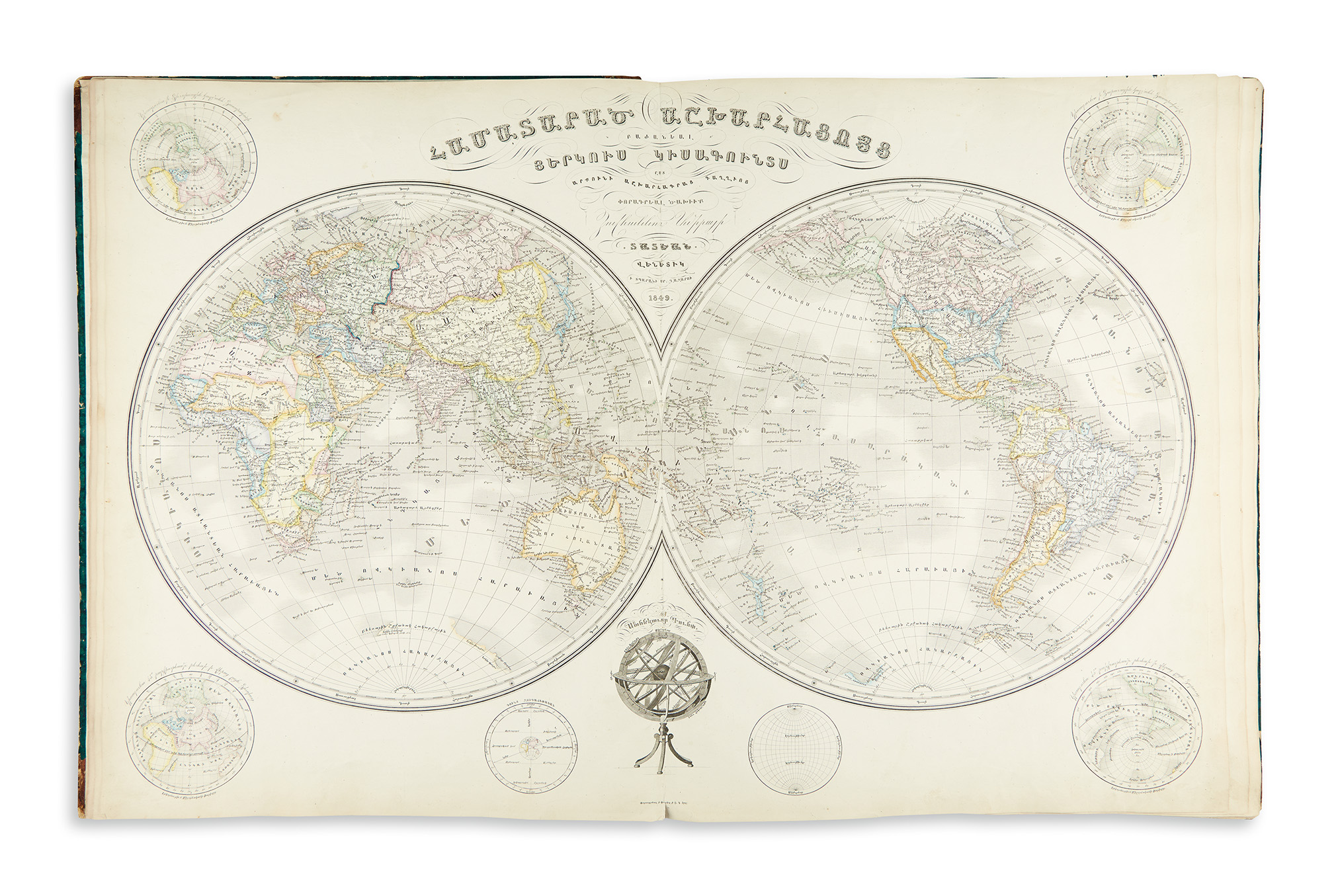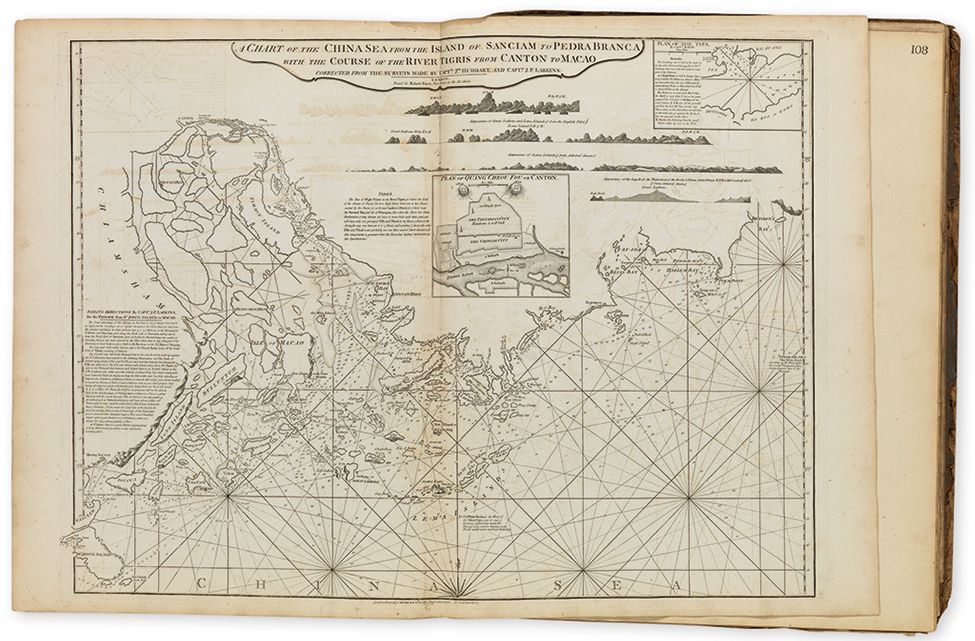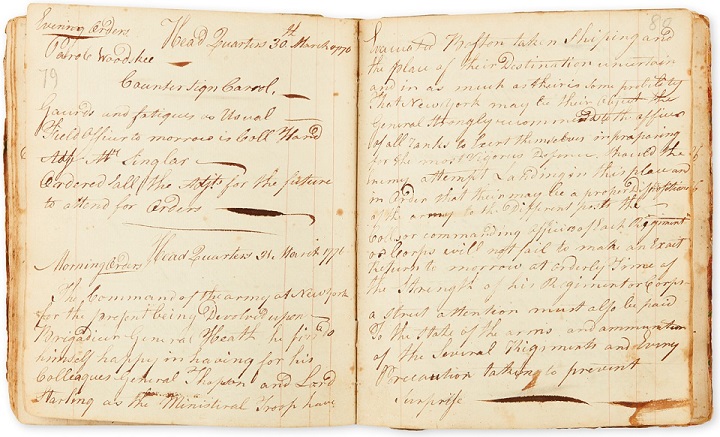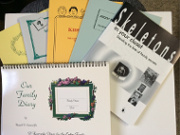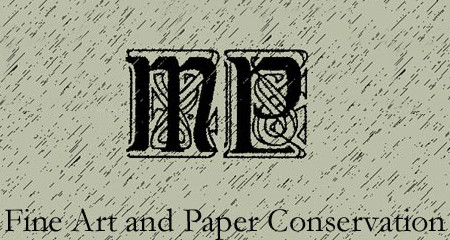Google Search
Passed Time Blog: In Their Own Words
There are countless books about the Washingtons, the Arnolds, the Roosevelts, and the Eisenhowers, and countless books recounting wars or events that have shaped our countries and our world. These histories, records, biographies, and autobiographies, are important and all have their place. The accomplishments of the greats who passed before should not be forgotten and they act as solid "anchors" with which to weave a familiar historical narrative.
When explaining the importance of history to others, many draw upon Santayana's oft-repeated quote, "Those who cannot remember the past are condemned to repeat it." I actually prefer Twain's "Truth is stranger than fiction, but it is because fiction is obliged to stick with possibilites, Truth isn't." No fiction writer can out-imagine events that have taken place in the history of mankind. No matter which slant towards history you embrace, there is one truth that is absolute. The great men and women, those that history remembers kindly and those that leave a blighted footprint, did not do it alone. Even if an abrupt and loud "Eureka!" moment is claimed by an individual, they either built on the efforts of others, had someone behind them, or someone chronicling their moment. Unfortunately, many of these softer voices have faded with time.
In 1996, a poet by the name of Linda Ellis wrote a poem entitled "The Dash." The inspirational poem encourages people to make the "dash" between their birth and death dates count for something. At the book and paper shows I attend, I often talk to friends and vendors who share their love of history and nostalgia, often brought to life by the items we sell or collect. It occured to me that many voices were never able to share their dashes, this in spite of having wonderful stories to divulge. It was then that Passed Time began to take shape. I was lucky enough to know a computer genius who, along with his wife, also share a love of history. We kicked around the idea of creating a place similar to Facebook, but with more focus. A place where those with the love of the past, could all come and share photographs, diaries, stories, letters, memories, and snippets of nostalgia.
"In Their Own Words", my blog on Passed Time, is intended to be used as my platform to let the softer voices have a say. Like us they had hopes and dreams, some fulfilled and some not. They had their triumphs and tragedies. Sometimes, all that is left of someone is one letter. Often, however, journals, diaries, and autograph books exhibit insight into earlier lives. At other times there is only a birth and death date, and the dash is just a dash. For those, hopefully, another Passed Time user can provide their own insight. One of the amusing categories of nostalgia are photographs. Unidentified photographs are abundant, and honestly, they drive me crazy. One enterprising vendor at book shows offers unidentified photographs as "instant relatives." Perhaps, Passed Time can share some of these photos and maybe a lucky connection will be made.
In general terms, Passed Time is available to all with a historical and nostalgiac interest. Undoubtedly, it will appeal to those possessing a melancholoy demeanor. Hopefully, friendships will arise as we all share fellowship in this love of history. Veterans are strongly encouraged to share their stories, especially given the aging population of WWII, Korean, and Vietnam vets. Women are too often the softer voices that are never heard. In fact, the birth and death dates that are often only dates, usually belong to women. Your story is also valuable. For others who want to share their entire family's story, Passed Time can serve as that platform.
I often hear from people that their children and their grandchildren do not care about their family history. Maybe. Maybe not right now. Keep in mind, interests do change. We had friends who sold their father's collection of a specific type of artwork. As they aged, they realized they had actually sold a part of their father. They are now trying to re-aquire the collection, but as it was sold piecemeal, I am afraid their efforts will come to naught. We have other friends whose children did not care about the family history, but there was a niece who was interested in the family's story. You never know how subsequent generations might think. Recently, the flea markets and book and paper fairs have been drawing a younger crowd. Yeah!
Specifically to "In Their Own Words," I will examine items that friends have been kind enough to let me use for this endeavor. Historical societies also go out of their way to share and I will give credit when due. I am eclectic in terms of my interests, even though I tend towards Pennsylvania German history. Many items are charming, some are historically significant, some poignant, all are from the past.
When an artifact is transcribed, as opposed to being photographed, know that I will not change the tone or content to suit or benefit any historical context or belief. Their words were their words. Authors or chroniclers should insert themselves as little as possible in order to convey historical accuracy. This is not about us, but about the them. Also know, any transcriptions will reflect the punctuation, grammar, spelling, capitalization, vernacular, etc. used on the document. It will not be changed to reflect modern sympathies. This is in no way, shape, or form, meant to bully or mock anyone, rather it is a humble attempt to remain true and accurate to history. I hold the personal belief that it demeans our ancestors' journeys when we attempt to nullify unpleasant aspects or attempt to change their journeys to fit some pre-conceived notion. Right or wrong, our forebears were products of their times and I will hold to that firmly in this blog.
Although, Twain's "Truth is stranger..." quote applies to much of history, I am going to end with Santanyana. The essence of "Those who forget the passed..." is somewhat lost when the context in which it was placed is removed. Santayana's full quote reads, "Progress, far from consisting in change, depends on retentiveness. When change is absolute there remains no being to improve and no direction is set for possible improvement: and when experience is not retained, as among savages, infancy is perpetual. Those who cannot remember the past are condemned to repeat it. In the first stage of life the mind is frivolous and easily distracted, it misses progress by failing in consecutiveness and persistence. This is the condition of children and barbarians, in which instinct has learned nothing from experience."
Maybe here at Passed Time, we can all gain that experience together. Pat Earnest 28 May 2015












